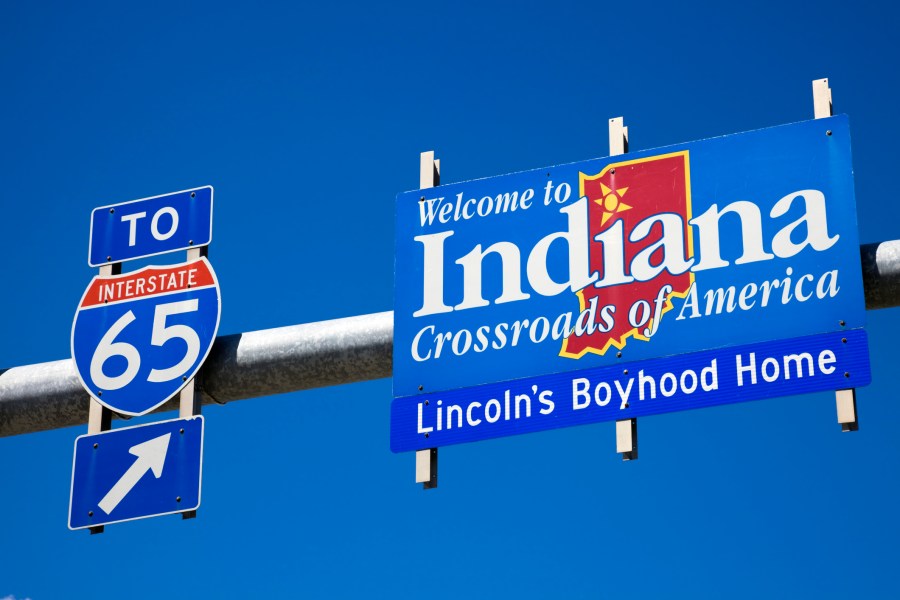INDIANAPOLIS — New data about the state of the nation’s infrastructure shows some positive progress after several years.
Every year, the American Society of Civil Engineers releases a report card for America’s infrastructure. While some might punish their kids for these kinds of results, leaders with ASCE said this is real progress.
It gave the U.S. a ‘C’ grade for its infrastructure. This is an improvement from the ‘C-‘ grade it gave in 2021. It is also the first time that all individual categories were above a ‘D-‘ grade since 1998.
It looked at 18 categories, including broadband for the first time this year. The others were:
- Aviation
- Bridges
- Dams
- Drinking water
- Energy
- Hazardous waste
- Inland waterways
- Levees
- Ports
- Public parks
- Rail
- Roads
- Schools
- Solid waste
- Stormwater
- Transit
- Wastewater
In its latest report, ASCE found that rail and ports have the two highest categories in the ‘B’ range while transit and stormwater management had the lowest grades in the ‘D’ range.
Eight categories went up overall. Those were dams, hazardous waste, levees, public parks, roads and transit.
Two categories went down overall: energy and rail.
ASCE found investment from the bipartisan infrastructure and CHIPS acts helped lead the country’s improvements on infrastructure.
Tom Smith is the executive director of the organization. He said it is worth it to invest in infrastructure improvements at the national, state and local levels.
“Every American family is paying $2,000 a year effectively by failing to invest in infrastructure,” he said. “If we don’t maintain our bipartisan infrastructure funding levels, we believe that number goes up by another $700 per year.”
Smith said investing in infrastructure can save money after destruction from severe weather events.
ASCE also did an analysis for each state. It found that in Indiana, 5.2% of the state’s nearly 19,500 bridges are structurally deficient. It says Indiana has $6.4 billion in wastewater needs. It also found that 13% of Indiana’s roads are in poor or fair condition.
ASCE found that each driver pays $259 a year driving on roads in need of repairs and that each resident loses $1,709 annually due to crashes.
Indiana did have some wins. ASCE recognized $33 million invested into buses and facilities at IndyGo, $13.8 million for the Fort Wayne International Airport and $7 million for the Michigan City Harbor.
“Infrastructure is really an important element of our public health, safety and welfare,” Smith said. “It’s the foundation for our economy and civilization, and we need to make sure that we prioritize it.”
Click here to read more about Indiana’s report.
Click here to read more about the national report.


